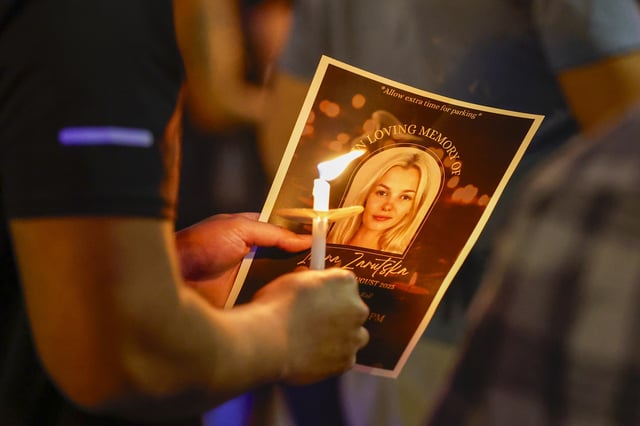Overview
- The law bars cashless bail for specified violent offenses and many repeat offenders, curbs magistrate and judicial discretion on pretrial release, and requires more mental health evaluations for certain defendants.
- It authorizes alternative execution methods if lethal injection is unavailable or unconstitutional and sets deadlines for long-pending death penalty appeals to be scheduled by December 2026 and heard by December 2027.
- A late Senate amendment by leader Phil Berger shifted responsibility to the governor’s office to devise a path to resume executions in a state that has not carried one out since 2006.
- The bill drew bipartisan support in the House, while most Senate Democrats walked out over the execution provisions after the amendment was added.
- The legislation follows the Aug. 22 fatal stabbing of Ukrainian refugee Iryna Zarutska in Charlotte; suspect Decarlos Brown Jr. faces state murder and a federal death-penalty-eligible charge and is undergoing a court-ordered psychiatric evaluation, with news reports indicating the Justice Department is seeking capital punishment.



